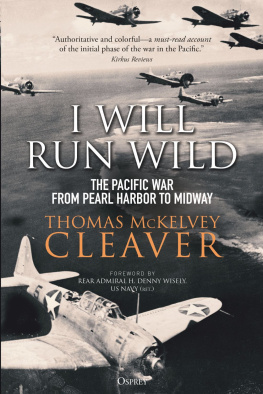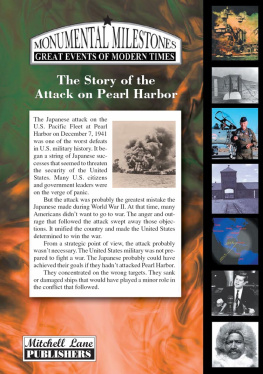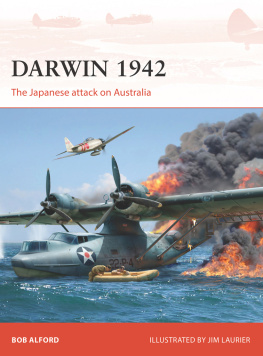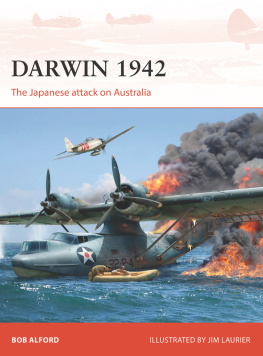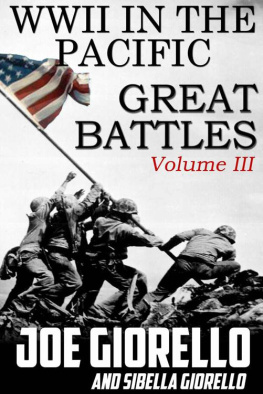PROLOGUE:
THAT STAGE OF THE GAME
I nside a Los Angeles living room, a woman in her late seventies held court. She wore a black sweater-vest with an embroidered Christmas tree and sat on a couch with her back to the windows. She held a glass of white wine and was gesturing with her other hand as she told a story.
This was my grandmother, Peggy Cole, the matriarch of a clan that stretched back for five generations of our Los Angeles family. She clung to few traditions, but did believe that whenever the family assembled, a cocktail hour, with wine and cheese, was essential. And though her family consisted mostly of assimilated Jews, she thought Christmas was as good a time as any for us to gather.
Recently, Peggy and her husband, Curt Darling, had given up one of their homes, and she had been going through the oddities shed accumulated over half a century. Peggy gave most of it away, but she kept one item aside that she wanted me to have.
As our family began opening gifts, my grandmother directed my attention to a weathered, brown, hard-sided rectangular case under the tree. It had two metal latches and a fraying leather handle, wasnt wrapped, and was heavy for its size. With two resonant clicks, I sprang the latches and opened up the case. Its insides smelled of the back corners of bookshelves, of old army footlockers, of history, of adventure.
Inside there was a small, elegant typewriter. Four banks of round, cream-colored keys rose from its low-profile, black metal frame. A gold leaf panel decorated either side of the machine. Its plunging neckline revealed rows of long, gray type bars. At the center of this dcolletage, gold lettering on the frame spelled out C-O-R-O-N-A like a necklace charm.
Melville Jacoby seated in front of the Press Hostel in Chungking (Chongqing), China. Photo courtesy Peggy Stern Cole.
My grandmother told me that the typewritera Corona 4 portable, manufactured in 1930had once belonged to her cousin. He had been a newspaper, magazine, and radio correspondent in the Pacific during World War II, she said, and before that he had lived in China as an exchange student. She knew I had long dreamed of being a reporter myself, and she thought I was the one in the family who would most appreciate this typewriter.
I was dumbstruck. How had I never heard of this cousin and of all the adventure and romance surrounding him? His name was Melville Jacoby, but everyone knew him as Mel. Fantasies Id long had of becoming a foreign correspondent were realities hed lived. I had to know more.
When Mel bought the typewriter, he was roughly the same age I was that Christmas. Within a year of that holiday, I started working as a reporter at a coastal business journal, a job as sleepy as Mels work was exciting. He had set out to help his generation come to know a distant land that most Americans still dont understand. He then tried to help them comprehend a war that circled the globe. But as glamorous as Mels life seemed from the outside, he had struggled for a long time to find his career footing.
Shortly after that Christmas, I went to see my grandmother for the first of many visits. During each visit, after our wine and cheese, she pulled out a bankers box full of manila file folders that shed rediscovered in her move. The files had titles like Madame Chiang, Burma Road, and Philippine Clippings. There were a half-dozen brown photo albums whose pages had begun to stick together, but inside their protective cellophane sleeves were pristine photos of soldiers sharing cigarettes in a jungle, twenty-somethings in Oxford shirts with rolled-up sleeves laughing at desks piled high with newspapers, and world-weary Chinese men in sandals and robes sitting on piles of rubble in front of half-destroyed homes.
The closet also held other envelopes full of negatives, pamphlets from aid organizations, even a cookie tin containing 16-millimeter film canisters with fading ink labels. Across the top of a shallow green cardboard box someone had used a black marker to write WWII Letters. Inside were typewritten reports from battlefields in sweltering corners of China, copies of cabled dispatches dashed off from places like French Indochina to United Press bureau chiefs, and letters addressed to editors at Time magazine.
One letter was a carbon copy of a cable Mel had sent to David Hulburd, a news editor at Time. The letter described a fiery New Years Eve in the city of Manila, its roads blocked and its harbor full of boats that had been destroyed by Japanese planes or scuttled by retreating American soldiers.
There were no other ships and even if there were, the Japanese Navy was sitting outside Manila Baywaiting, Mel wrote. The Japanese forces were closing toward Manila from north and south Luzon in such force, with so many dive bombers, that it hardly seemed Bataan could hold a week.
Towers of flame and a waxing sliver of moon lit Manila as 1941 neared its violent close. Japanese troops were expected in the Philippine capital by morning. Every few minutes, explosions echoed throughout the city, heralding the new year that was just a few hours away. That night a scene of utter chaos spread along the waterfront, with the most activity concentrated around its warehouses and piers.
Across the street from the waterfront, nearly three dozen journalists were crammed into room 620 of the Bay View Hotel. Peeking through the rooms blackout curtains, they could see retreating bands of American soldiers blowing up munitions dumps, setting fire to fuel reserves, and dynamiting radio installations. Only a few hours earlier that day, a hospital ship had been painted with the red and white markings of the Red Cross; now, just thirty minutes before midnight, the reporters watched as the shipthe Mactancautiously threaded its way through the mines that had been planted all over the bay.
For days, members of the U.S. Army Transportation Service had been frantically trying to move merchant ships from Manilas piers and the mouth of the Pasig River. Those ships that the ATS couldnt move had been scuttled. Bombed and sabotaged vessels littered the harbor; according to historians E. Kay Gibson and Charles Dana Gibson, at least twenty large ships had sunk in the harbor by December 29.
That New Years Eve the streets were filled with nervous Manila residents trying to get out of town before the Japanese arrived. As some fled, others tore through waterfront storage facilities. Some looted valuables, fuel, and food; others unhurriedly sifted through warehouses as local police either looked the other way or grabbed their own loot.
The reporters in the hotel fretted, bickered, and made wild guesses about their future. Manila had until this point been nominally protected by the United States, but with the U.S. military pulling out, the city would be abandoned by daybreak. The New Year would bring new rulersthe Japanesewho had closed in on the city after a fast drive across Luzon, the largest of the Philippines more than 7,000 islands.
General Douglas MacArthurs U.S. Army Forces in the Far East had begun abandoning Manila on Christmas Day, and shortly after that MacArthur declared the capital an Open City. It was an invocation of international law intended to limit damage to the city. It turned out to have been taken in vain: Japan continued and intensified its bombing of Manila after the declaration.



